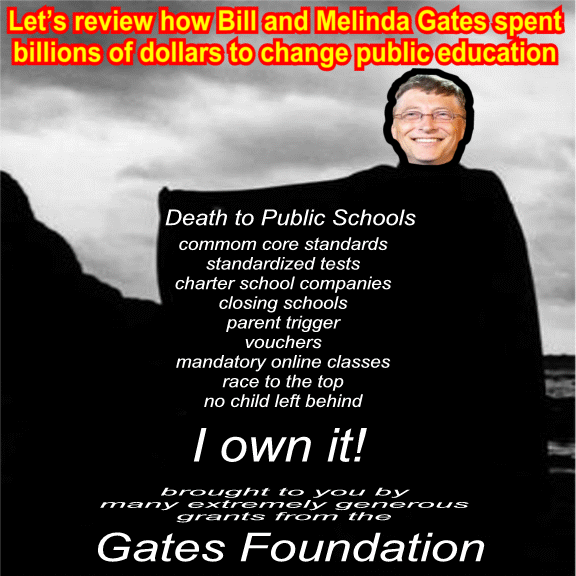In a crowded field of candidates in the Democratic primary, only two are opposed to expanding the number of charters in a city with hundreds of them: Scott Stringer and Maya Wiley.
The other candidates support more charters at a time when the national Democratic Party seems to realize that charters are a key component of the rightwing’s longtime goal of privatization of the public schools. Charter advocates started a PAC for Eric Adams. Andrew Yang supports charter schools and is advised by former Mayor Bloomberg’s advisor Bradley Tusk (Bloomberg was very pro-charter). Financier Ray McGuire’s campaign relies on Bloomberg’s chancellor Joel Klein for advice (his campaign manager is pro-charter).
Betsy DeVos loves charter schools, so does the anti-union Walton family and Charles Koch. Across the country, Republican legislators and governors are passing legislation to expand charters and vouchers, while Democrats put public schools first.
This article explains how deeply entangled one of the CONTINUE READING: Ka-Ching! The Charter Lobby Buys into NYC’s Mayoral Race | Diane Ravitch's blog





































